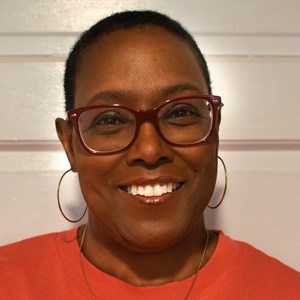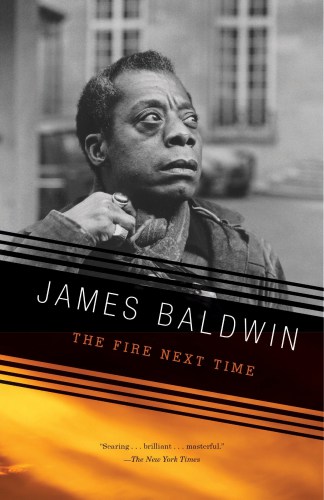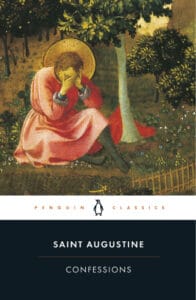The brutality with which Negroes are treated in this country simply cannot be overstated, however unwilling white men may be to hear it.
James Baldwin
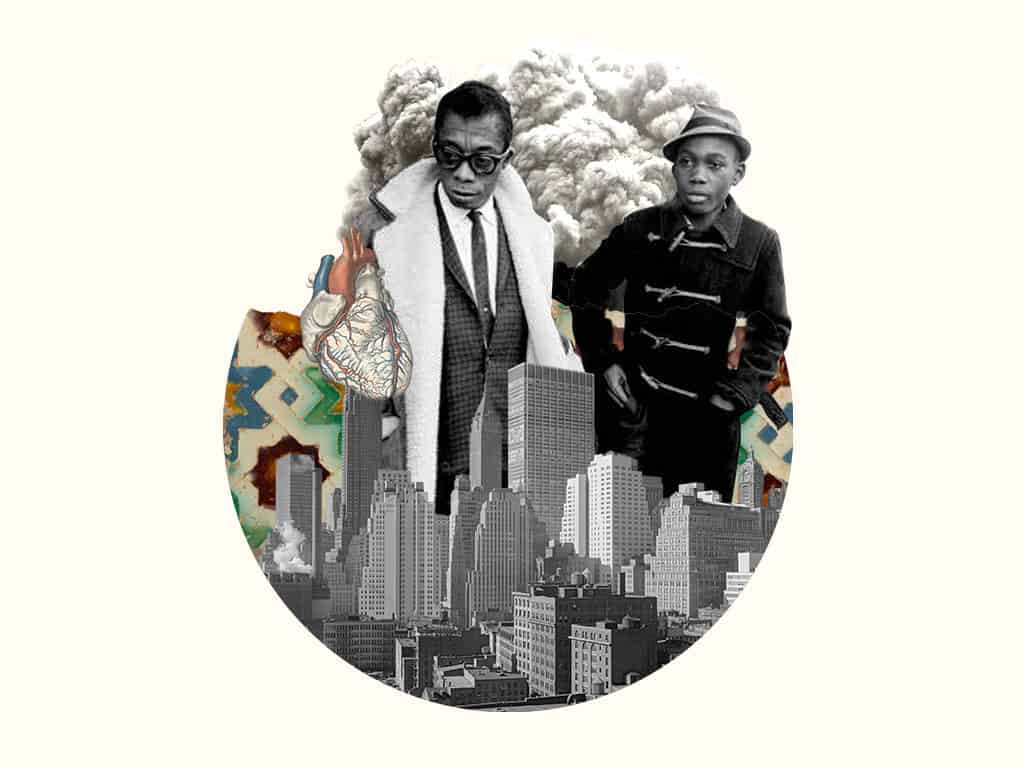
James Baldwin’s missive to his nephew and the world about it means to be not only Black in America, but what it means to be an American.
The Fire Next Time is James Baldwin’s missive to his nephew and the world about it means to be not only Black in America, but what it means to be an American. First, in “My Dungeon Shook” he shares with unflinching candor his hopes and fears for his 14-year-old namesake nephew as he becomes a Black man in a country that does not want to see him thrive while reminding him of his responsibility to America to make it be the America we see on paper. Second, in “Down at the Cross” Baldwin turns his gaze to the wider world with a warning about the nature of racism and the power it seeks to protect. He also questions the agency of Black people in America toward putting America on the right to becoming the America it thinks it is. From his life in the church to his ultimate disillusionment with all forms of theology, he traces the origins and boundaries of hate that fuel both sides of the racial divide.
Why This Text is Transformative?
As first and second year students embark on their studies in these uncertain times, a lesson about the incendiary nature of hate will help anchor their emotions and attitudes about ideas they will encounter in their academic careers and their lives.
The Fire Next Time is a book about hate. The arc of these essays is about race, but more importantly, these essays are about hate and its destructive power. As first and second year students embark on their studies in these uncertain times, a lesson about the incendiary nature of hate will help anchor their emotions and attitudes about ideas they will encounter in their academic careers and their lives. There is always something to divide us, but here is a text that will help students understand why it is so important to aim for understanding.
A Focused Selection
Discussion
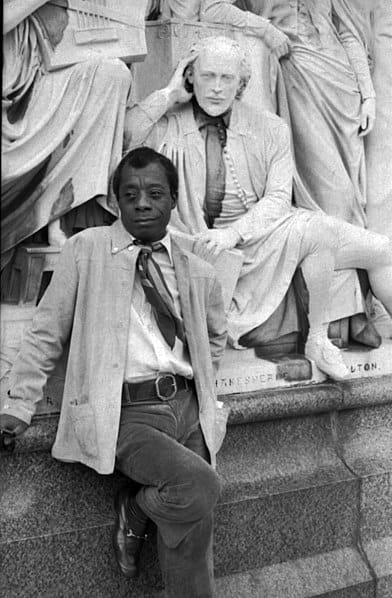
The following selections from the text will create a lively discussion of contemporary themes. The first essay, “My Dungeon Shook” is a short letter to Baldwin’s namesake nephew. It’s short but no less powerful than the longer “Down at the Cross.” This essay paired with two sections from the book will make for a thoughtful 2-day discussion.
In “My Dungeon Shook” Baldwin addresses his nephew, explaining to him how his country is actively interfering with his ability to thrive as a human being. Baldwin wants his nephew to know that he has history behind him, both good and bad, but it is his history and he must embrace it if he’s to survive against a country that would rather see him not survive. This essay plays elegantly against the backdrop of the next essay from where the major excerpts will be taken.
In the first except (pages 42-67) begins his earnest discussion about his life in the church as “Young Brother Baldwin” boy preacher and the impact that experience had on everything he did during and after that time.
The second day brings us several years forward where Baldwin has made his name as a writer and is called to meet Elijah Mohammed, leader of the Nation of Islam. Prior to this section, Baldwin talks about having no real affinity toward the Nation of Islam. He’d heard it all before, and after his bout with the church, he understood the nature of all theology as a way to justify and sanctify the quest for power. Baldwin offers this with no judgment. He recognizes, though, the appeal such a theology might have to a people who have been oppressed in this particular American way. And this begins his examination of the role of the Nation of Islam as it pertains to his thesis.
Study Questions
Class 1
My Dungeon Shook + pages 42 – 67 from Down at the Cross
What connections can you make between Baldwin’s missive to his nephew and this section? Have you ever had a contentious relationship with a family member? Do you ever feel like you have nobody to help you navigate the world? How do you handle that?
What social conditions drove Baldwin to the church? Have you seen others take destructive paths as a result of their seeming lack of options? Do you think that people make “choices” about the direction of their lives?
How does Baldwin’s relationship with the church and Christianity inform his social experience as a Black man in America? Do you think theology/the church is a good refuge from the ills of the world?
Study Questions
Class 2
Pages 80 – 109 from Down at the Cross
What value does Baldwin recognize in the philosophy of the Nation of Islam?
Baldwin has a relatively uncomfortable encounter with Elijah Muhammed in Chicago. Clearly he is being “recruited” and Baldwin feels in some way that he has failed whatever test Muhammed was putting to him. Have you ever both understood and disagreed with a philosophy? How did you reconcile the difference? Has someone ever asked you to be a part of something they truly believed in and thought you should too, but you just didn’t? What was that like for you?
Baldwin clearly sees flaws in the plans of the Nation of Islam, but he keeps his misgivings mostly to himself. Should he have spoken up more forcefully with the young man in the car or do you think he was right to let it go?
Building Bridges
Text Mapping
Discipline Mapping
English/Composition Studies
Humanities
History
Area Studies
Page Contributor
